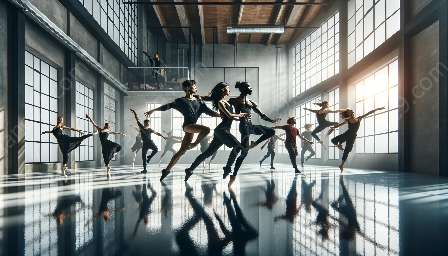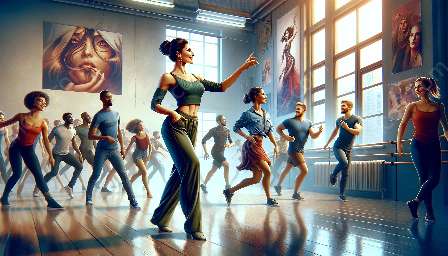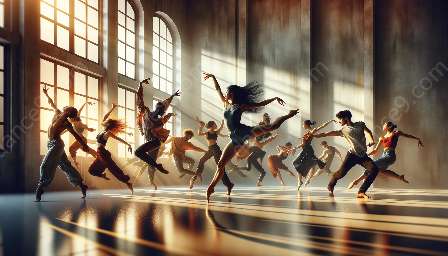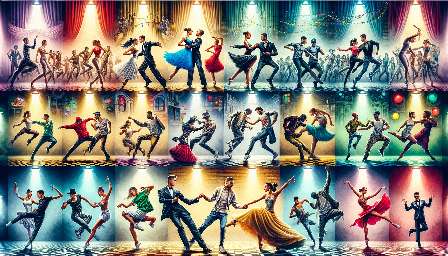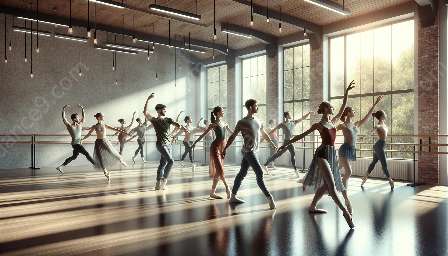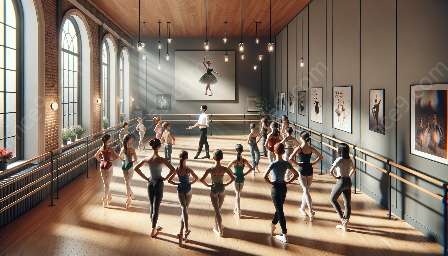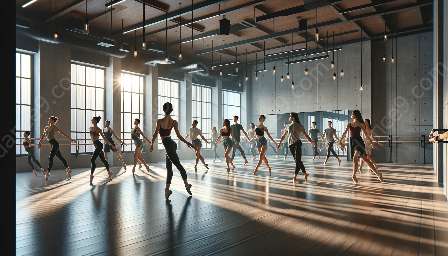Dance ethnography and cultural studies are fascinating disciplines that offer profound insights into the intersection of dance and culture. These interdisciplinary fields delve into the artistic, social, and cultural dimensions of dance, reflecting the diversity and complexity of human expression.
The Intersection of Performing Arts (Dance) and Cultural Studies
Performing arts, particularly dance, serve as a powerful form of cultural expression. Dance embodies the traditions, rituals, and values of different societies, providing a lens through which we can understand the complexities of human culture. By applying a cultural studies approach to the analysis of dance, researchers and practitioners gain a deeper understanding of the social, political, and historical contexts that shape dance forms and practices.
Through the lens of cultural studies, dance becomes a dynamic site for exploring issues such as identity, power, and globalization. Researchers investigate how dance reflects and shapes cultural identities, challenging conventional understandings of cultural boundaries and representation. By engaging with the relationship between dance and cultural studies, we can uncover the multifaceted ways in which dance both reflects and influences society.
Unveiling Perspectives Through Dance Ethnography
Dance ethnography further enriches our understanding of dance by offering a nuanced and holistic approach to studying movement practices. Ethnographers immerse themselves in the communities and cultures from which dances emerge, seeking to comprehend the lived experiences and embodied knowledge that inform dance traditions. Through participant observation, interviews, and rigorous fieldwork, dance ethnographers capture the intricate tapestry of meaning woven into dance forms.
Documenting Cultural Diversity
An integral aspect of dance ethnography is its dedication to documenting and preserving the diversity of dance traditions around the world. By engaging with communities and individuals, dance ethnographers generate a rich archive of cultural knowledge, fostering an appreciation for the breadth of human expression through dance. This process illuminates the significance of dance as a repository of cultural memory and a vehicle for intercultural dialogue.
Challenging Notions of Authenticity
Dance ethnography also challenges essentialist notions of authenticity by recognizing the fluid and evolving nature of dance practices. Rather than reducing dance to fixed categories, ethnographers embrace the dynamism and adaptability of dance, acknowledging its capacity to evolve in response to social, political, and environmental changes. This approach emphasizes the agency of dancers and communities in shaping their own dance forms, transcending static representations of cultural identity.
Arts & Entertainment: Reimagining the Role of Dance in Society
Within the realm of arts and entertainment, the study of dance ethnography and cultural studies offers fresh perspectives on the role of dance in society. By recognizing the cultural and social dimensions of dance, the arts and entertainment industry can move beyond superficial portrayals of dance and embrace the complexity and richness of diverse dance traditions. This inclusive approach not only amplifies the voices of underrepresented communities but also enhances the cultural vitality of the performing arts.
Embracing Innovation and Tradition
Through the interdisciplinary dialogue between dance ethnography, cultural studies, and the performing arts, new possibilities emerge for the fusion of innovation and tradition. By honoring the roots of dance traditions while encouraging creative experimentation, artists and practitioners can cultivate a dynamic and inclusive landscape for the performing arts. This approach fosters a sense of cultural exchange and mutual enrichment, transcending boundaries of tradition and innovation.
Advancing Social Awareness and Advocacy
The intersection of dance ethnography, cultural studies, and arts & entertainment serves as a catalyst for advancing social awareness and advocacy. By shedding light on the cultural significance of dance, this interdisciplinary engagement can galvanize efforts to promote diversity, equity, and inclusion within the performing arts. Through collaborative initiatives, the arts and entertainment industry can harness the transformative power of dance to inspire social change and foster a more inclusive and culturally vibrant society.



